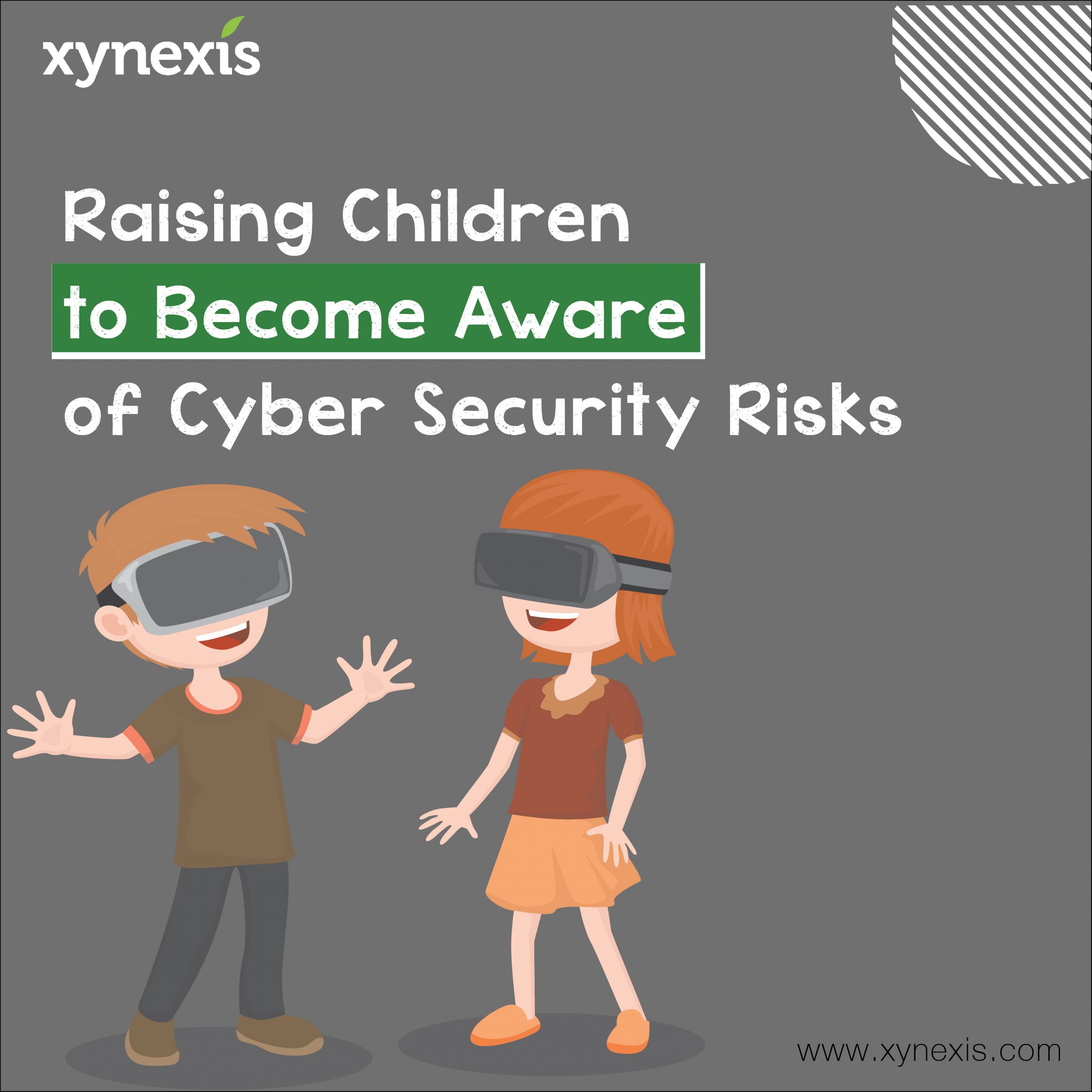Millennials enjoyed the advent of Internet technology, and have been growing up alongside conveniences like instant messaging, emails, search engines, and more recently social media.
However, the commercialization of search engines and social media platforms have given rise to the modern issue of Internet privacy. The issue is far more reaching than simply giving you the disturbing idea that Google or Facebook knows what you are interested in based on your search activities.
News about data breaches of social media platforms appear with unfortunate regularity, yet every day, most people behave as if their personal information will not be abused by malevolent actors. Cyber security expert James Lyne in his TED Talk highlighted how even our personal devices can betray us by sending out information that would make us vulnerable.
As millennials are becoming parents, they are faced with the reality that technology has moved on faster than they can keep up. Today’s children will need to do better.
When “think before you speak” becomes “think before you post”
Fortunately, most children have a clean digital slate. Not much information about them has been uploaded yet, giving them a chance for a proper education on cyber security and Internet safety.
The first rule that they should know is that anything that they post could possibly stay on the Internet permanently. Despite the Delete option, information is technically not erasable. Any content on social media is designed to be sharable. An embarrassing tweet or Facebook photo may well be stored in someone’s private hard drive, so children should take pause to consider how people will react to their published words, photos, and other content- not just now but in the future.
The second rule is that no matter how user-friendly a social media platform looks, they should never give out their true or exact address, assign a relation to contacts (i.e. “so-and-so is my first cousin”), or geolocation tag their home or other private locations. They should learn that such information is reserved for official purposes, like government or school administration.
The third rule that they should follow is that all advertising links are never to be clicked. This is to prevent children from accidentally visiting harmful sites that can act as phishing sites, that appear to look familiar, but are actually waiting to extract sensitive information and/or download files into your computer. Of course, not all ad links are bad, but children may not know the difference yet. Such links include ‘click bait’ and flashy display banners.
As a cyber security company, Xynexis hopes that educating children from a young age about cyber security threats can one day help their school and workplaces become safer places to work, learn, and socialize.




